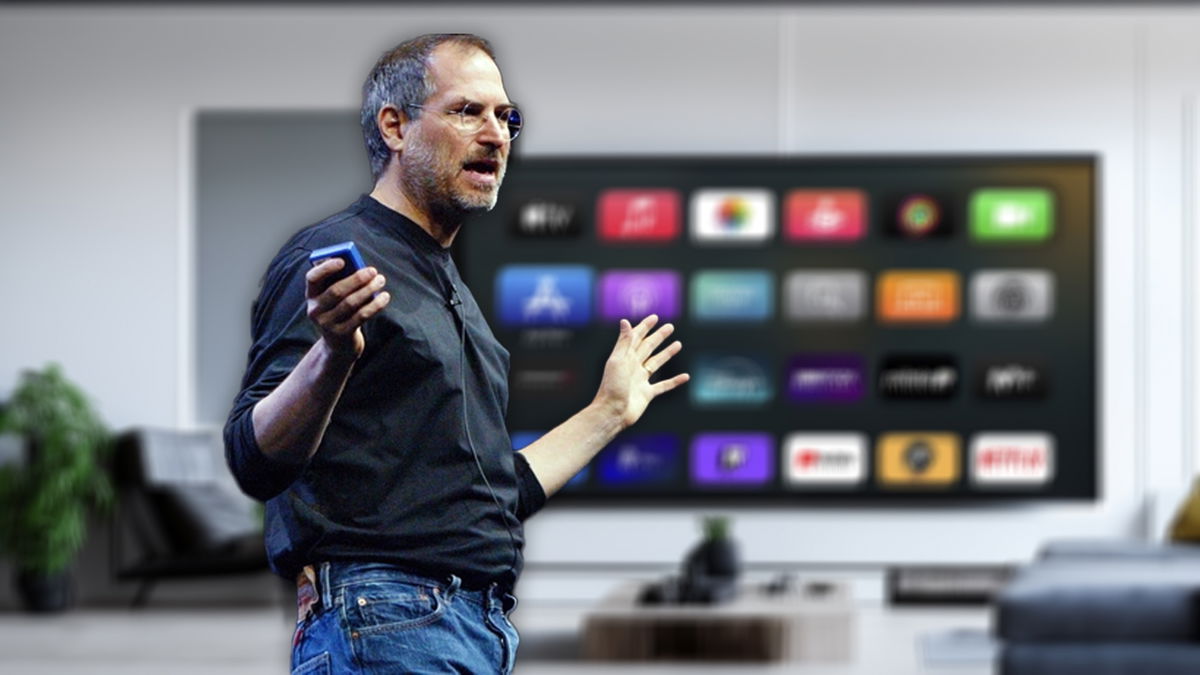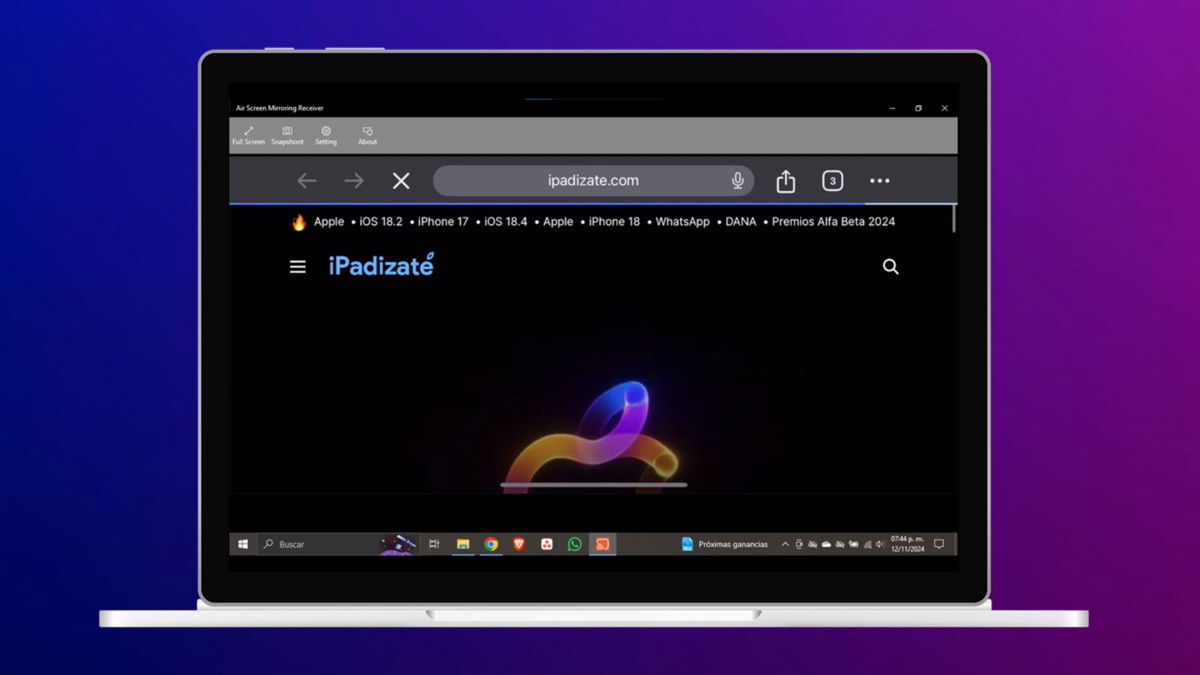The issue of security and privacy on mobile devices is always a hot topic. Sometimes it looks like the iPhone is the only reliable cell phone, and some Android phones have serious security issues. Is this true?
This question is very difficult to answer, but in the last hours there have been details of great interest coming and nothing less than dedicated organizations. hack Smartphones for organizations such as the FBI.
Other relevant information is when they have stated that at this time, some Android devices are much harder to break than an iPhone, mobile has been regarded for years as the highest standard of security.
How the iPhone came in (with other Android phones)
The news comes directly from a deputy's deputy in which he reviewed the common tactics used by the United States government to obtain cell phones. In recent weeks there have been clashes between Apple and the FBI, as the company declined to provide encrypted data from the iPhone for government access.

In an article, UFED 4PC mentioned a global outsourcing service tool developed by Cellebrite, an Israeli cybersecurity company that is often at the heart of its fields.
With its most sophisticated device, the tool is able to capture the iPhone X and accurately extract GPS data, messages, driving logs and partial information from applications such as Twitter, LinkedIn, Instagram, Pinterest, and Snapchat. For today's iPhones the result is the same, the only difference is you can access emails.
Hacking Android is becoming increasingly difficult
On the other hand, the same Cellebrite tool had limited success with other Android devices, which directly analyze the Google Pixel 2 XL, Galaxy S9 and Huawei P20 Pro.
Of these tools, the tool was not able to extract data from GPS, social apps or web browsing history. In the case of the Huawei P20 Pro, it's a tool could not extract any single data, leaving China's mobile phone as the most complicated device hack
Hacking Android and removing your personal data is becoming increasingly difficult.
Given these facts, Detective Rex Kiser, who directs the digital coral investigation at the Fort Worth police department, said:
«Right now, we're reaching for iPhones. Last year we weren't able to get into iPhones, but we could go into all of Android. Now we can't get much of Android ».
Does that mean Android is safe? Yes and no
Does that mean that with an Android phone I'm more secure? Well, it's hard to explain, because computer security is so complicated. It matters not only the smartphone we have, but how well it is safely restored.
Ultimately, the companies that build these tools take advantage of the portable security portal to access the information, and no matter how many errors, if your phone doesn't receive these statistics it will continue to be exposed.
In this particular case we can say that Android is safe. If one has access to our cell phone with these tools (something unpleasant, for around 10,000 and $ 15,000), it will be easier to access our information if we have an iPhone than if we have Android phones like the one we mentioned.
Security is important, but there are many ways to override it. The user himself tends to be very easy.
This does not mean that our private data is more secure on one cell phone or another. In computer security, the human being is the weakest link, and with the fact that it's become Android, if we give app permission to access anything on our mobile phone, this protection will be in vain.









